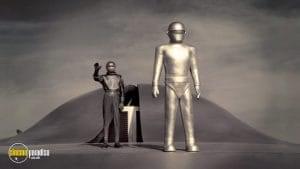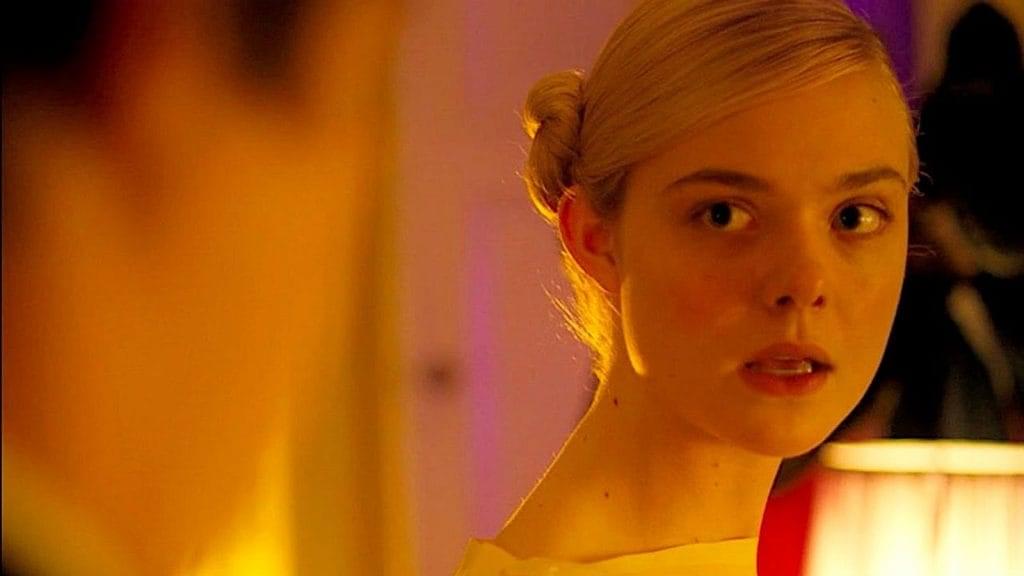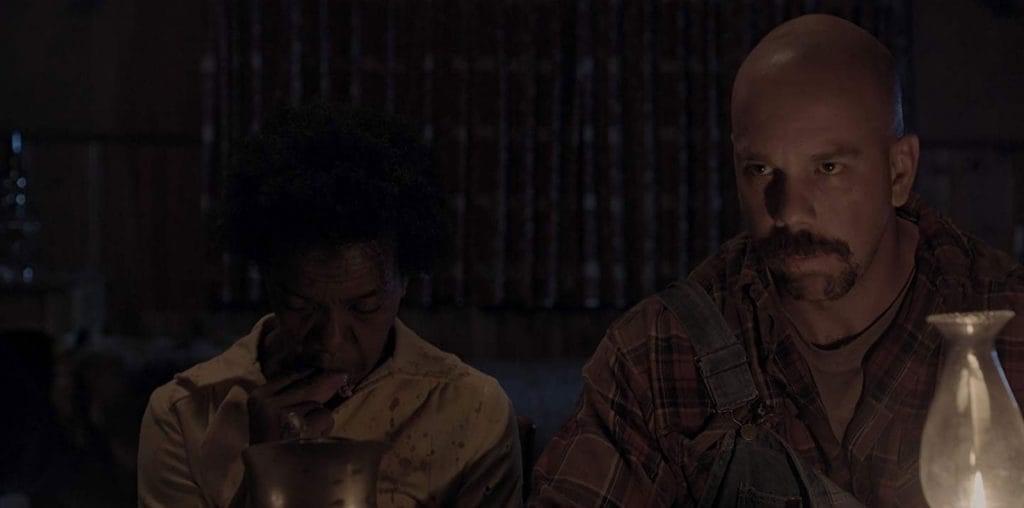
Dystopian films are more popular than ever, judging by the number of box office hits over the last decade. Even though this kind of films present us with mostly grim future worlds, they’re a big part of science fiction and fantasy genre, and none more than the classic films. We’re going all the way back to the 1920’s and not going beyond mid-1960’s, bringing to you the pioneers of dystopian motion pictures.
Most of the people in the world have seen films we consider classics such as The Planet of the Apes (1968), A Clockwork Orange (1971) or Blade Runner (1982) just to name a few, but the trailblazers were making movies long before these fine works of cinema appeared. Today, I’m going to take a closer look at the titles that came beforehand the golden age of dystopia.

Metropolis (1927)
Metropolis is an expressionist epic drama directed by Fritz Lang, ahead of its time. This cult dystopian film story is set in the futuristic city where its inhabitants are divided into two groups – the working class and the city planners. The plot thickens when the son of the city’s mastermind falls in love with a working-class girl. Metropolis is a must-see for every science fiction enthusiast because it had an enormous impact on the genre and has influenced a lot of filmmakers that came after Lang. Unfortunately, Lang’s creation was crudely cut for the US release and in Germany, so up to the 2008 it was thought to be lost forever.

Day the World Ended (1956)
Mid-20th century was a productive era for dystopian and apocalyptic stories, both written and filmed. The threat of the impending doom because of the Cold War had many filmmakers wondering what would happened after a nuclear attack. One of those filmmakers is Roger Corman in his film Day the World Ended. The story centres on a handful of survivors after a nuclear blast decimates world population. Survivors come across a haven on a ranch protected from the attack. But this is not the end of their plight, they discover mutant creatures close by, and even internal conflicts threaten to destroy the group.

On the Beach (1959)
Directed by Stanley Kramer, this post-apocalyptic/dystopian film assembled quite a remarkable cast including Gregory Peck, Ava Gardner and Fred Astaire. Once again, human race is destroyed in a nuclear fallout and only people escaped it are the inhabitants of Australia and the crew of the U.S. submarine Sawfish. Interestingly enough, no one’s to blame for a nuclear explosion, and it’s even hinted it was an accident. On the Beach is different from a lot of its fellow genre films because it’s not relying on special effects, but focusing on the story of people who are waiting for the world to end as the radiation gradually moves south. And a touch of romance.

Things to Come (1936)
Sci-fi epic, Things to Come is adapted from H.G. Wells’ story The Shape of Things to Come. Wells also served as a writer, and William Cameron Menzies as the director. H.G. Wells is no stranger to horror and future possibilities and many of his works have been translated onto screen. Things to Come starts in 1940, in a futuristic city of Everytown which is actually based on London. Here, a businessman John Cabal, played by Raymond Massey, fears the approaching war. After his predictions come true and war breaks out, it lasts for 30 years. Quite eerily, the film predicted WWII. Things to Come still stands as one of the true masterpieces of sci-fi cinema.

Alphaville (1965)
Straight from the mind of Jean-Luc Godard comes Alphaville, sci-fi noir mixed with dystopian setting. True to its film noir side, Alphaville has no futuristic sets but is shot in Paris on real locations. The plot focuses on Lemmy Caution (Eddie Constantine), an American private detective/secret agent sent to a planet ruled by Von Braun (Anna Karina), a malevolent scientist who has outlawed human emotions in favour of logic. To be true to its dystopian side, the film shows the struggle between individualism in a totalitarian world, the technocratic dictatorship of Alphaville, and conformity. Godard’s film made a big impact on popular culture, including Haruki Murakami’s novel After Dark – it features a love hotel named after the film.

The Day the Earth Stood Still (1951)
Even though it’s not technically a dystopian film, The Day the Earth Stood Still (directed by Robert Wise) is a classic that needs to be mentioned. It does not depict a catastrophically dystopian future, but it certainly acknowledges it. When it was first released, it was considered a dark and terrifying film, but its underlying message is quite different – something along the lines “give peace a chance”. When a spaceship lands in Washington D.C., it expectedly captures the attention of the whole world, and a friendly alien tries to warn the people of the planet what will happen if their nuclear battle continues. The Day the Earth Stood Still was released amid Cold War which was a thriving background for dystopian and apocalyptic films.
These titles and more are available to rent on DVD and Blu-ray in their restored glory, so if you’re a fan of science-fiction this is the perfect list for a themed movie night.



Dystopian… How did “Soylent Green” not make this list?
You are who you eat.
A Clockwork orange, The Island, never Let Me Go
Gort – Klatu Mirada Nicto – memorized as a kid so that I could save the world from space invasion!
the omega man 1973